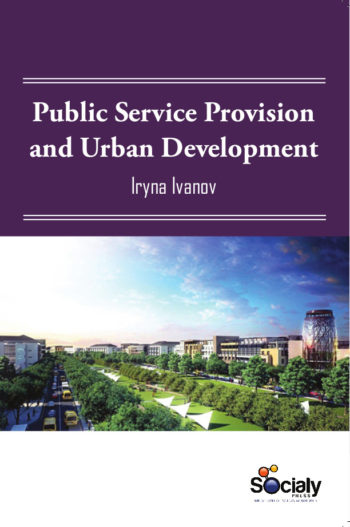Urban culture is the culture of towns and cities. Research on urban cultures naturally focuses on their defining institution, the city, and the lifeways, or cultural forms that grow up within cities. The idea of “race” refers to superficial physical differences that a particular society considers significant, while “ethnicity” is a term that describes shared culture. And “minority groups” describes groups that are subordinate or lacking power in society regardless of skin colour or country of origin. Like race, the term “ethnicity” is difficult to describe and its meaning has changed over time. And like race, individuals may be identified or self-identify with ethnicities in complex, even contradictory, ways. For example, ethnic groups such as Irish, Italian American, Russian, Jewish, and Serbian might all be groups whose members are predominantly included in the racial category “white. “Ethnicity, like race, continues to be an identification method that individuals and institutions use today—whether through the census, affirmative action initiatives, non-discrimination laws, or simply in personal day-to-day relations. Increasingly during the modern era, the trend toward equal rights and legal protection against racism has steadily reduced the social stigma attached to racial exogamy.
The Romance of Culture in an Urban Civilisation offers the study of race and ethnic relations by providing a forum for scholars, researchers, advocates, and policy analysts to present in-depth examinations of critical issues relevant to and associated with racial and ethnic groups. It presents theory and quantitative and qualitative methodologies in an exploration of race and ethnic relations. It provides the benefits of knowledge that will assist in achieving positive structural changes in modern race and ethnic relations. An array of approaches to understanding contemporary an urban experience, both lived and imagined, is evaluated with care. It aims to facilitate a diverse range of critical investigations into pressing questions considered to be central to current thinking and research.













